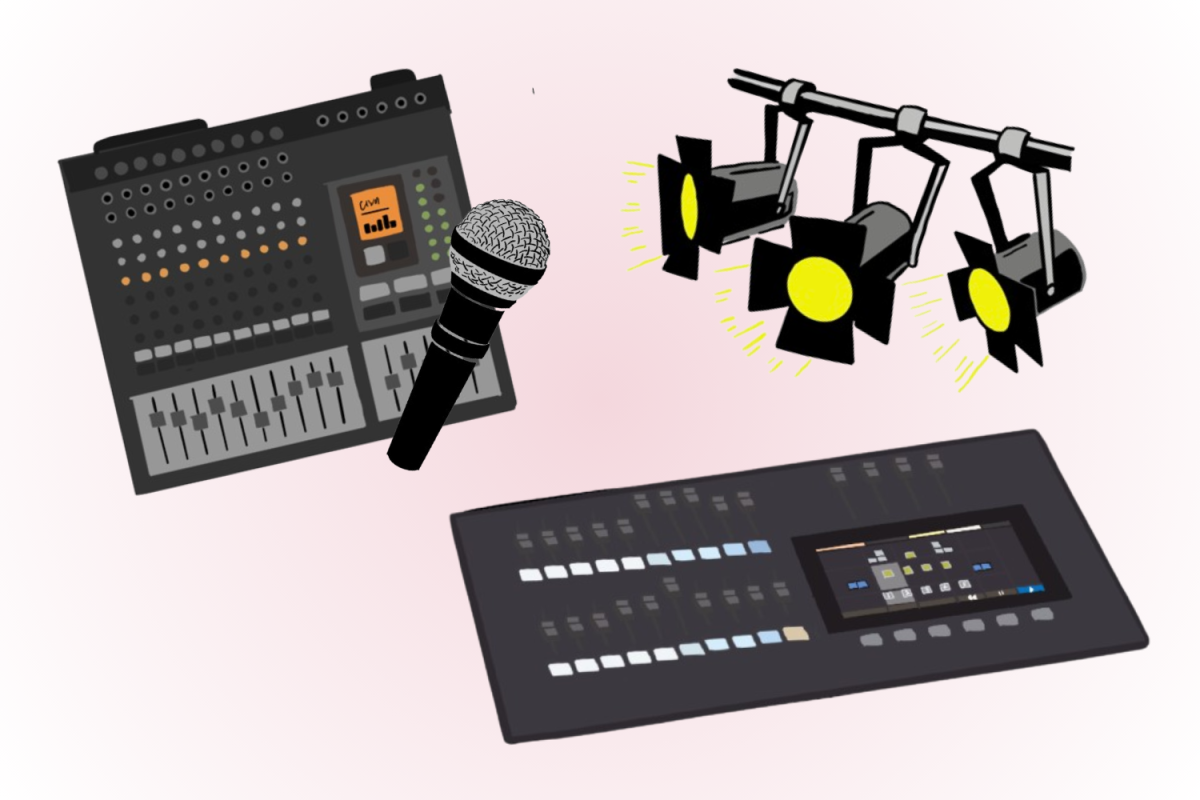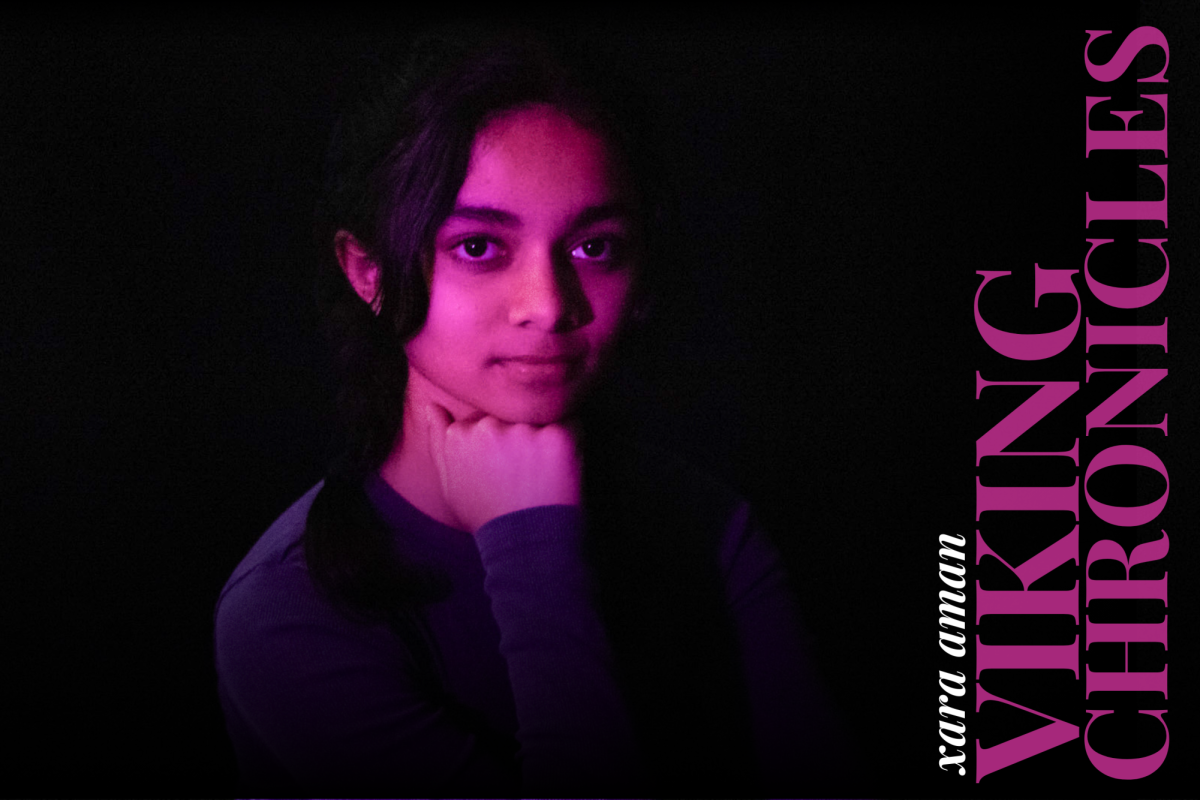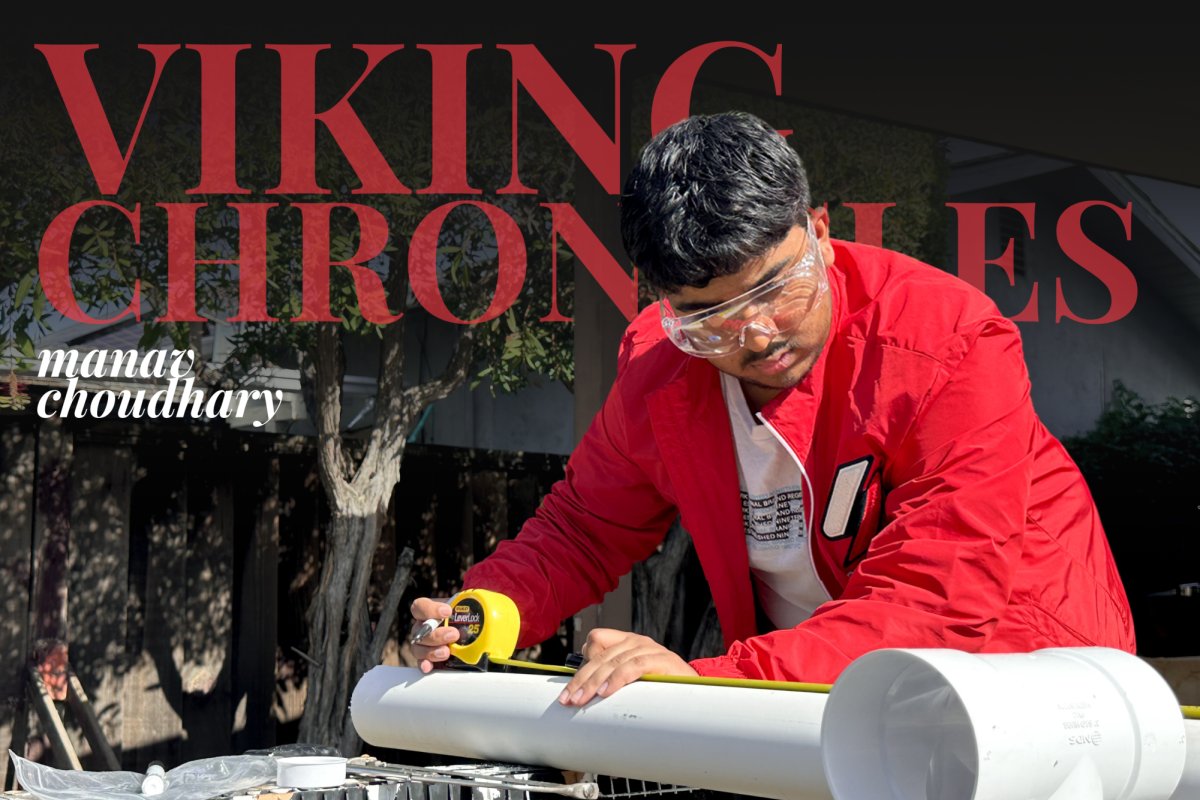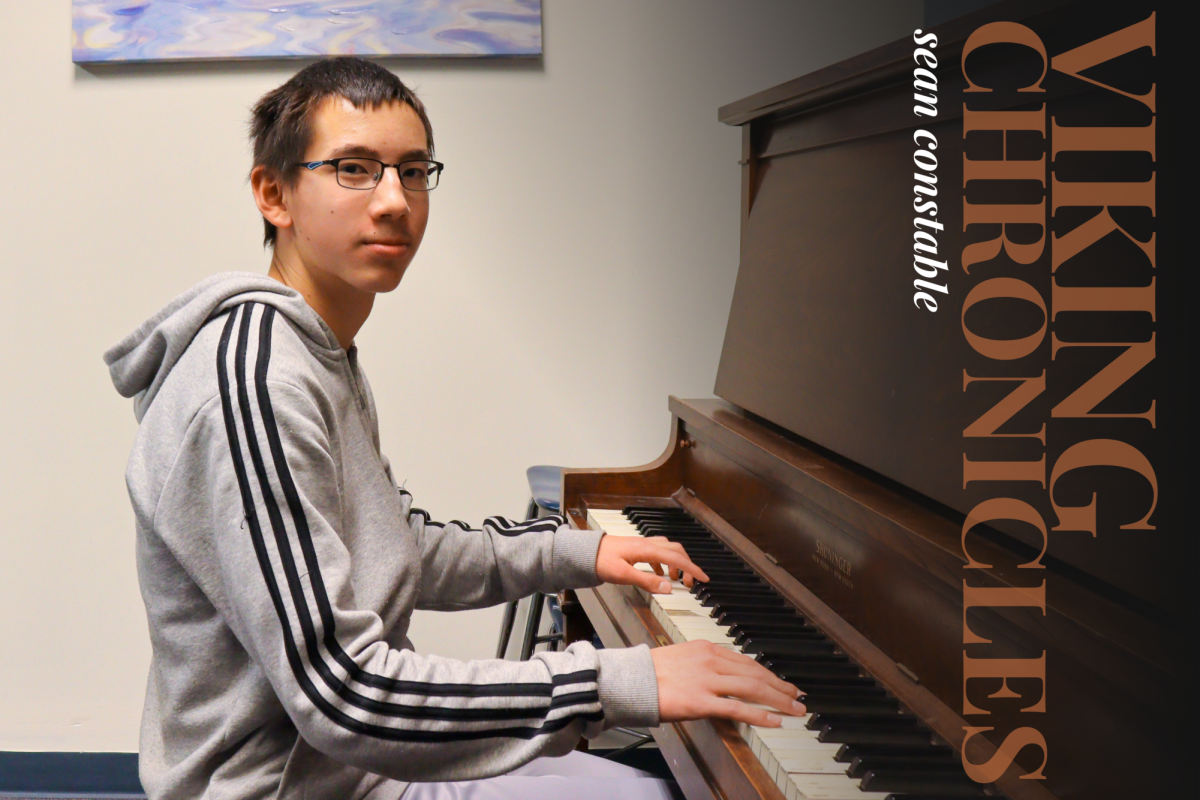What you need to know:
- Lynbrook’s theater and drama programs are undergoing updates to their sound and lighting systems to address longstanding challenges with worn and outdated equipment.
- The upgrades include new microphones, a modernized soundboard with advanced features, and plans for a new LED lighting system and lighting board over the summer of 2024.
- Funding for the project, totaling around $185,000, comes from district funding and contributions from parent groups. The updates aim to improve the quality of productions and provide students with state-of-the-art equipment for future use.
Beginning this year, Lynbrook’s theater and drama programs are set to undergo updates to their sound and lighting systems to better meet the demands of their productions, addressing challenges with worn and outdated equipment that have persisted for years.
“I think at Lynbrook students don’t really care about drama that much, which is unfortunate because it’s a very fun art form,” senior and drama stage manager Alexis Giaquinta said. “It needs the upkeep of equipment, and having technical issues just muddies the experience for both the audience and the people working.”
Much-needed improvements arrived in time for the fall musical “Ranked” with new microphones and a sound board, which is a mixing console used to control sound elements such as input to microphones and playback during shows. While the old soundboard was plagued with issues such as needing to be constantly turned on, as it reset settings every time it was turned off, the new system is a modernized upgrade. Students were able to use more advanced features like improved wifi capabilities, the ability to run more microphones simultaneously and to connect computers for supplements like sound effects.
“They did ‘Romeo and Juliet’ outdoors a couple years ago and it was a disaster, so we’ve been in the process of upgrading the sound process since then,” said Larry Wenner, who became the drama teacher in 2022. “As soon as I came on board, I was like alright, let’s start doing this now instead of last minute. When I cast the musical with 20 kids we started with eight mics — I think we eventually got up to 16 workable mics, and hopefully we’ll eventually have all 20.”
The stage microphones, consisting of packs that connected to the sound board and a wire leading up to the microphone itself, have suffered from broken wires or unreliable receivers in past shows like the drama department’s production of “Clue”.
The theater is also slated to receive a new LED lighting system and lighting board over the summer of 2024 that will be easier and safer for students to operate. With a cost of around $185,000, the project is funded by a combination of district funding and contributions from parent groups like the PTSA, Lynbrook Excellence in Education and Lynbrook Instrumental Music Boosters. While the theater building had undergone recent cosmetic changes through construction, many elements of the old infrastructure like lighting had remained since the school’s opening in 1965.
“This has been on Mrs. Jackson’s to-do wishlist ever since I started here at Lynbrook last school year,” said Executive Assistant to the Principal Calvin Wong, who spearheaded the project along with Principal Maria Jackson and Assistant Principal Tara Grande. “It’s been a long time coming.”
Over the years, time and unreliability compounded on general wear; music classes were forced to leave the board on at all times in order to circumvent the long stretches of time it took to turn on properly. The system’s longevity was also impacted by the consistent use of stage lights during class time for music classes. Although the stage lights were designed only for use during performances, the poor work lights were too dim for classes like band that require more rehearsal spaces.
“No one else really knew how to use the lighting because it was outdated,” sophomore and drama student Genevieve Yates said. “There really should be a better system for passing knowledge about lights down — it’s difficult to learn.”
Information on operating the systems had previously been preserved through being passed down from experienced seniors to newer students, but a lack of interest and obscurity of knowledge about the antiquated technology, made it challenging for students like Yates to learn the ropes. With new technology, the drama department hopes to be able to train more students in using the systems and offer opportunities to work with state-of-the-art stage equipment in the future.
“I’ve seen what super nice and new equipment can do for productions,” Giaquinta said. “Even though we seniors won’t be there, I’m excited for the future students at Lynbrook to be able to use that.”








































































